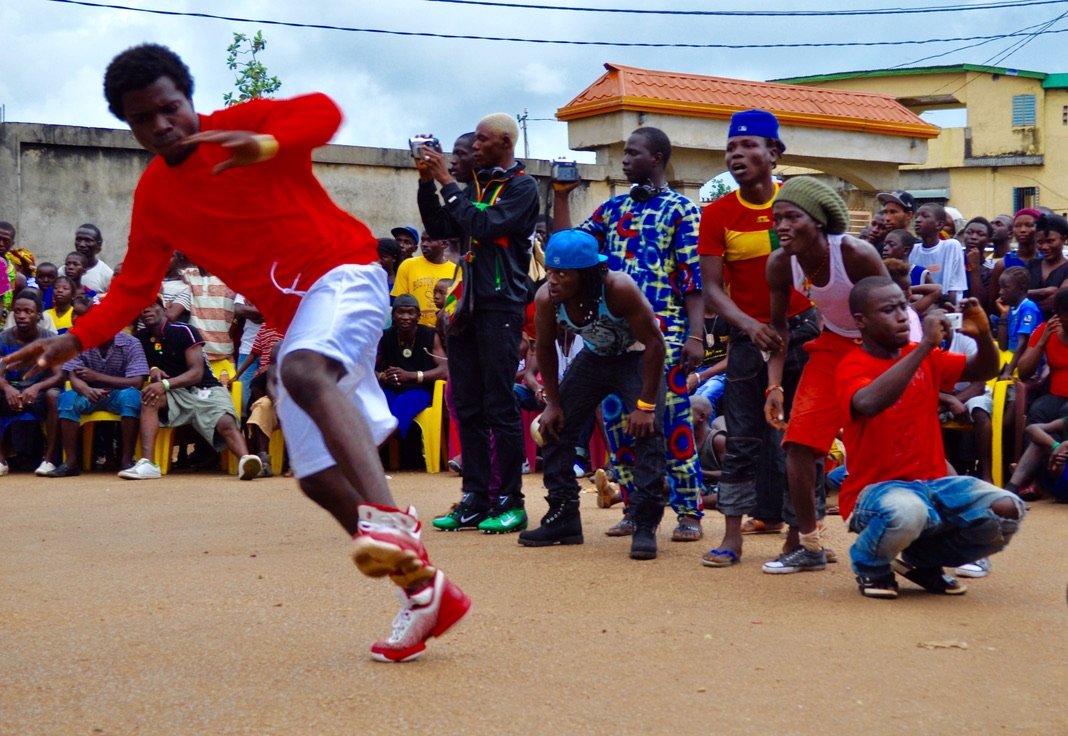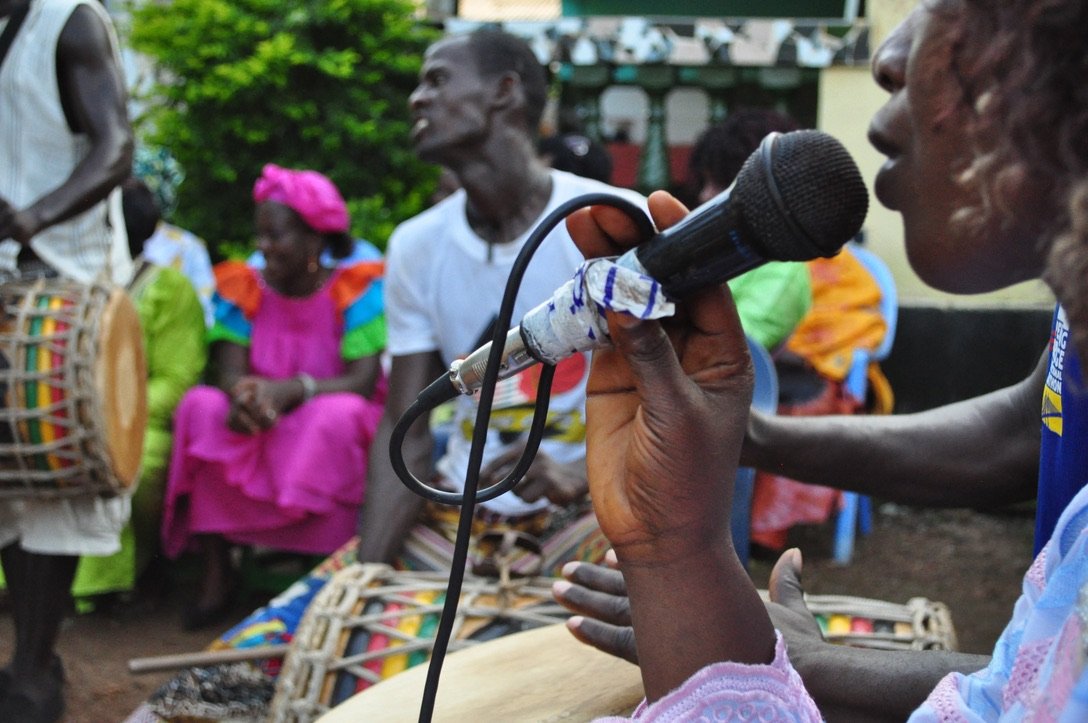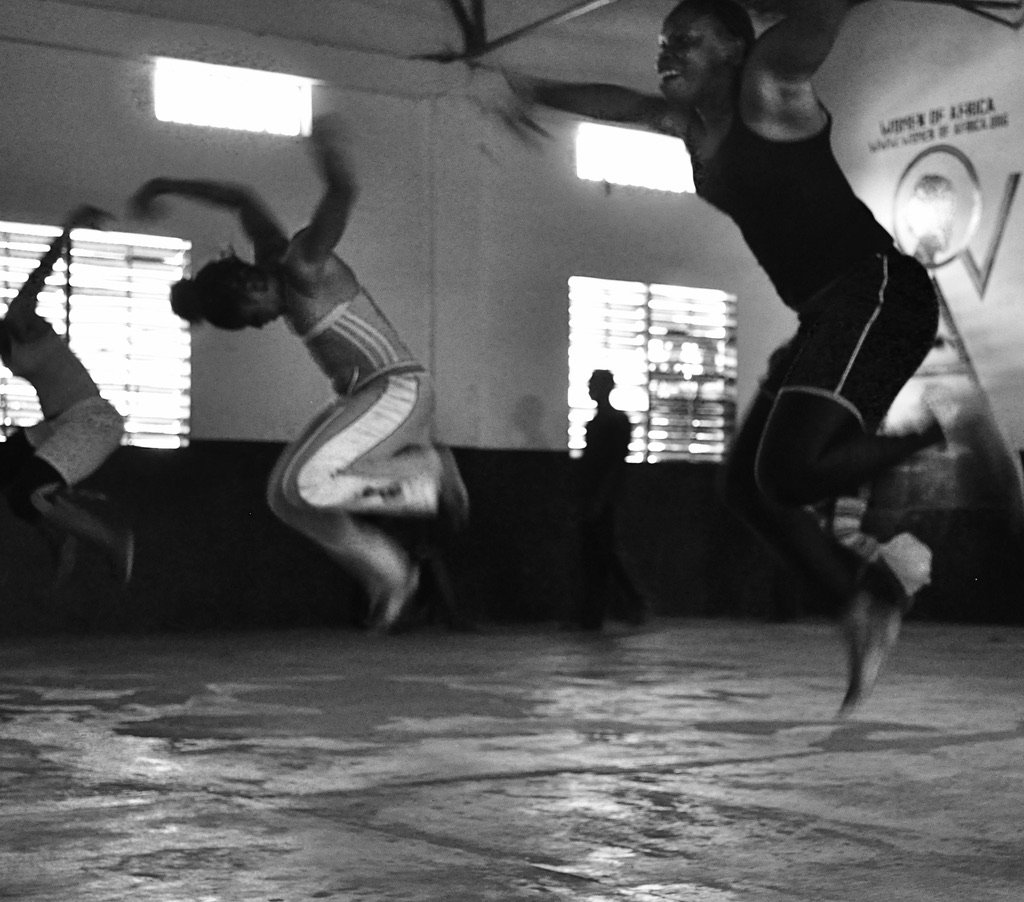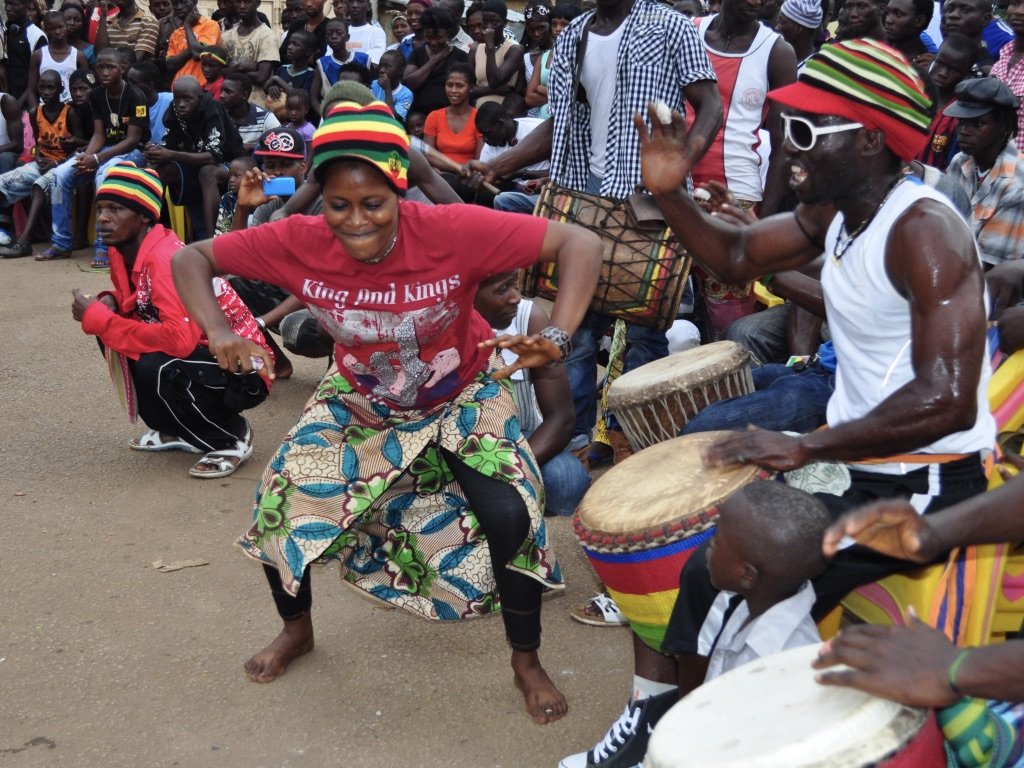Fare mu kolon ma. Dance cannot be known.
~Susu Adage
My work on Guinea explores the lived complexities of political-economic transformation—from state socialism to neoliberal capitalism—through the lens of nonelite performers, whose bodily practices were instrumentalized by a powerful socialist state. Guinea’s socialist government (1958-84) used staged African dance or “ballet” as a political tool, and sponsored an elaborate nation-wide system for training and performance. After the end of socialism, the country’s newly liberalized state reduced arts funding drastically, but ballet continued to thrive in the capital city of Conakry. Private companies emerged all over the city, and artists creatively adapted their practice to operate in a market economy and a rapidly expanding urban space. The move away from state socialism in Guinea involved a recalibration of major relationships; among citizens and their government, youth and elders, men and women, the nation and the rest of the world.
“Infinite Repertoire is a brilliant historical and ethnographic exploration of how aesthetics shape power and how politics are embodied. Ultimately a meditation on time, it argues that the contingencies of performances allow artists to recall the past while creating new narratives for potential futures. This book lyrically examines the interplay among creative improvisation, affective remembering, and material semiotic order. Cohen shows how performers take account of their changing contexts to constantly remake meaningful and powerful signs.” ~ Jesse Weaver Shipley, Dartmouth College
“Cohen's ethnography is an exemplary case of tapping into the full potential of participant observation. [Her] experience as a dancer in the very kind of ballets she describes - stretching over several years both prior to and during her field research - inform her conceptual and theoretical moves…” ~ Joschka Philipps, University of Bayreuth
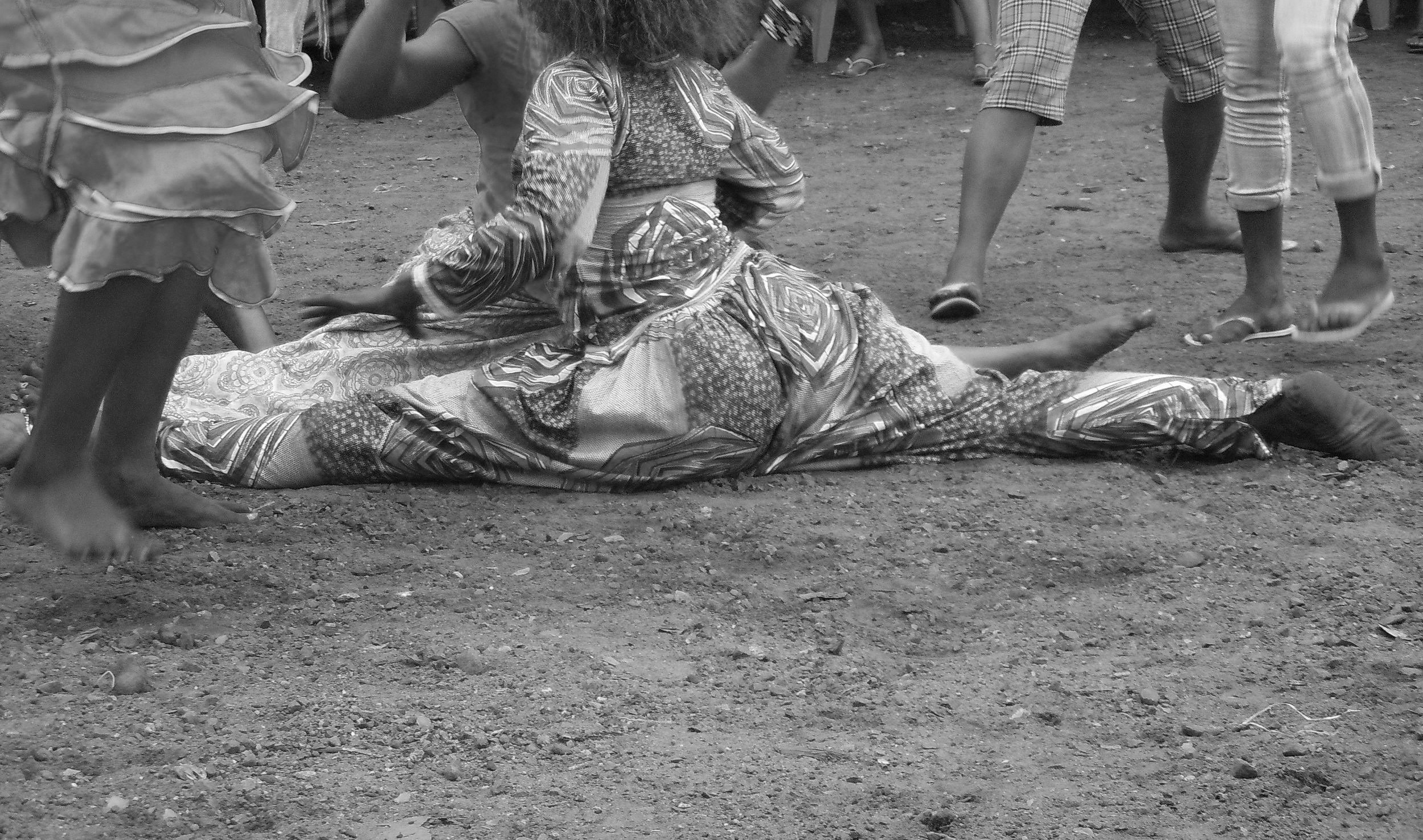
Writing:
(2023) with Paul Ugor “Introduction: African Youth, Popular Arts, and Cultural Politics in Everyday Life.” Critical African Studies, 15(2):125-133.
(2022) “Deliberations in Dance: Affecting Publics and the Politics of Ethnicity in Guinea’s Nascent Democracy.” African Studies Review 65(1): 166-188.
(2021) “The Revolution Lost: Generational Change and Urban Youth Logics in Conakry’s Dance-Music.” In Youth and Popular Culture in Africa, edited by Paul Ugor. New York: University of Rochester Press, African History and Diaspora Series.
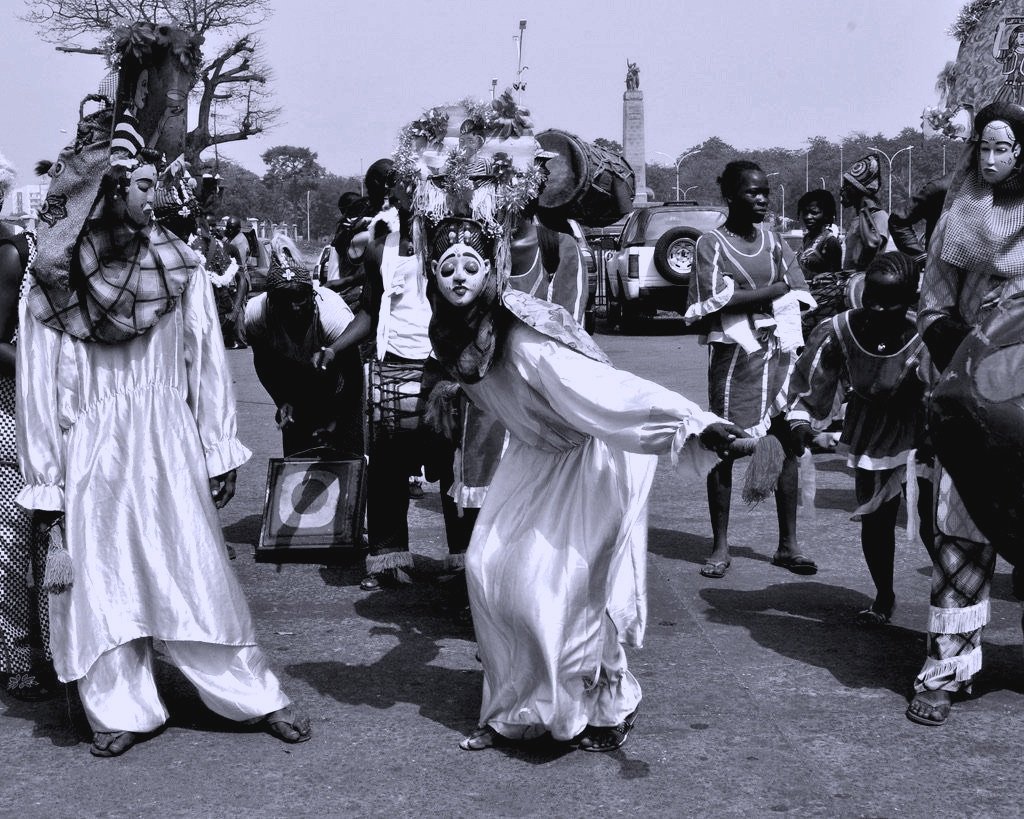

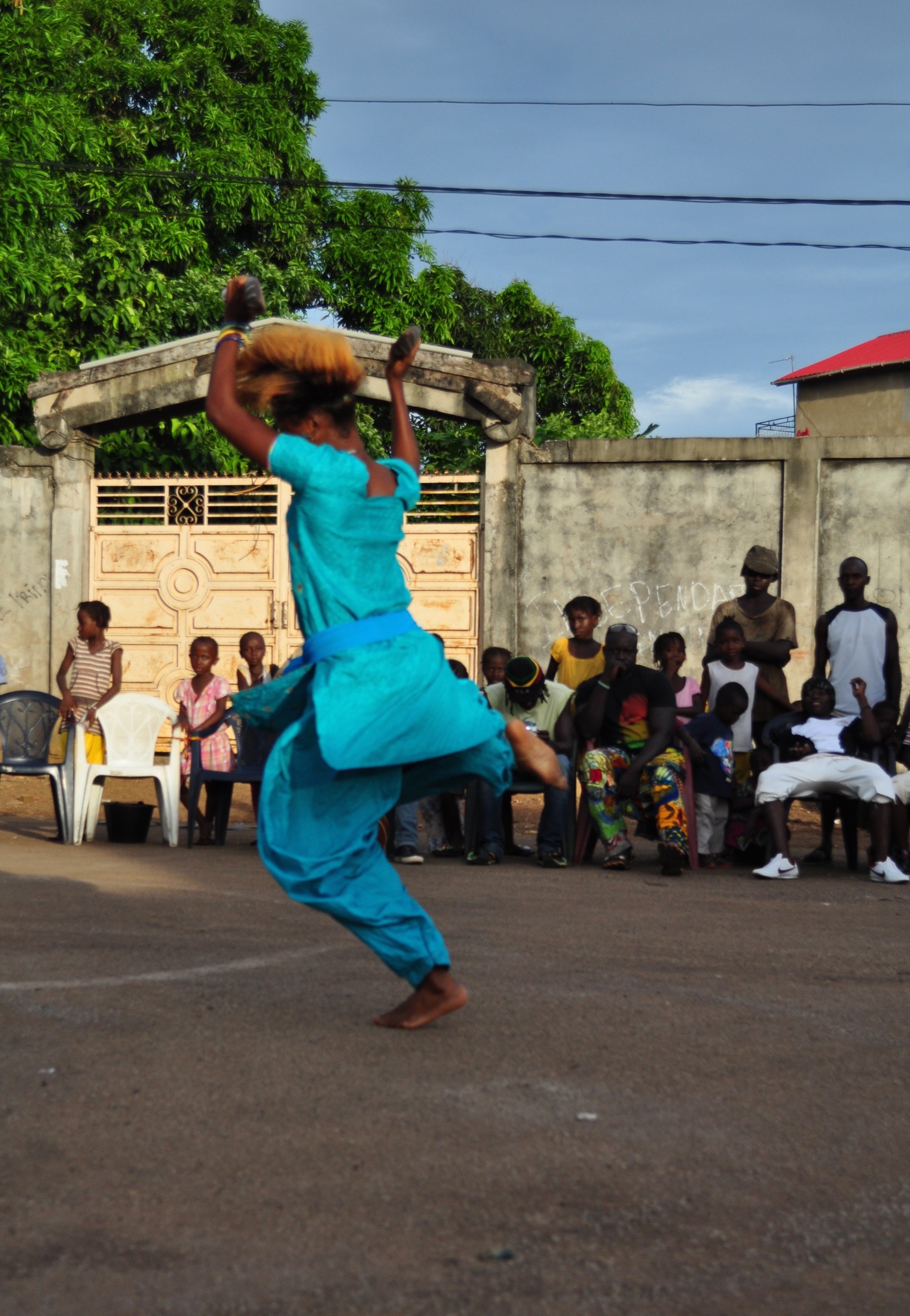
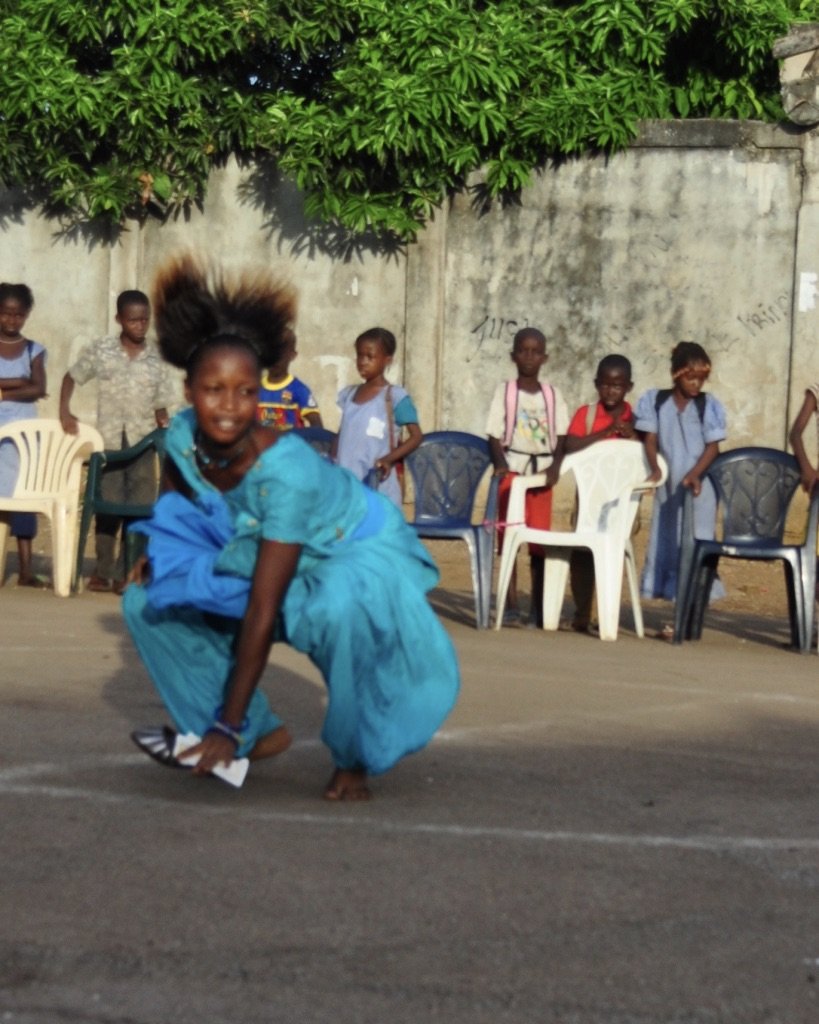



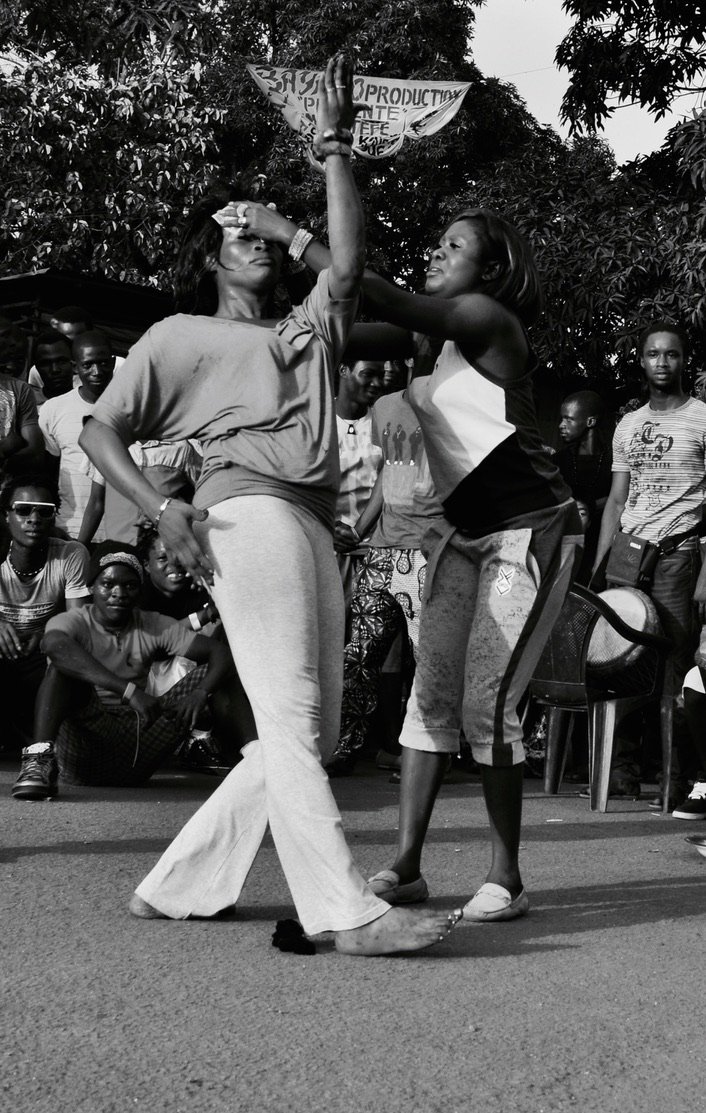
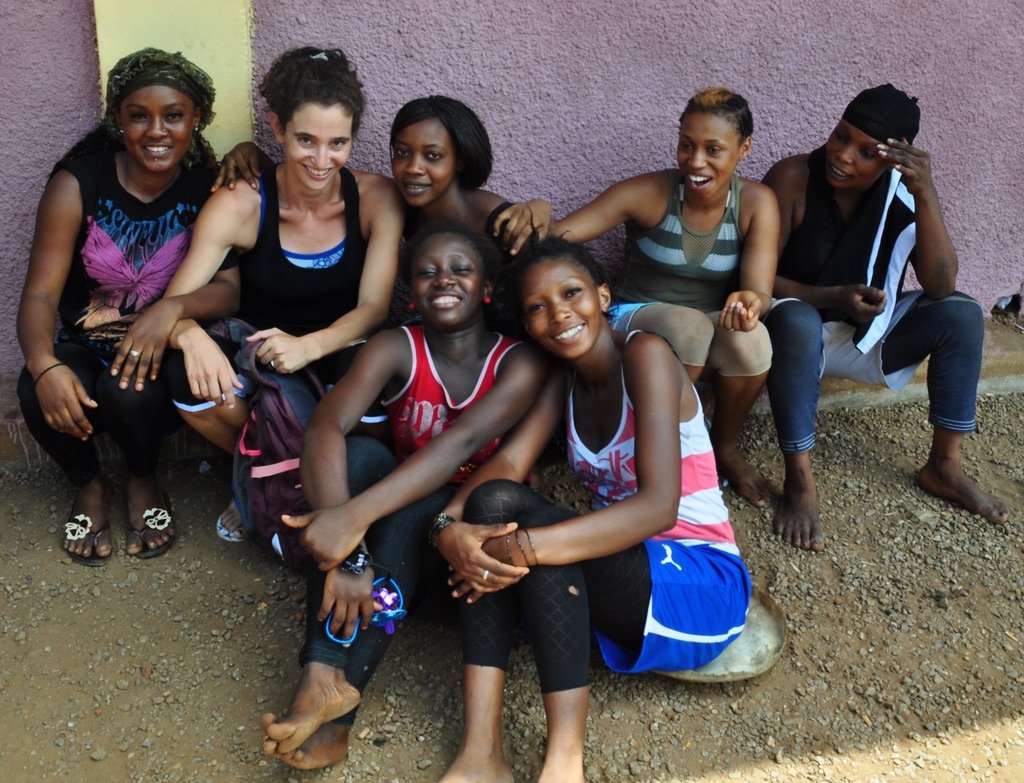
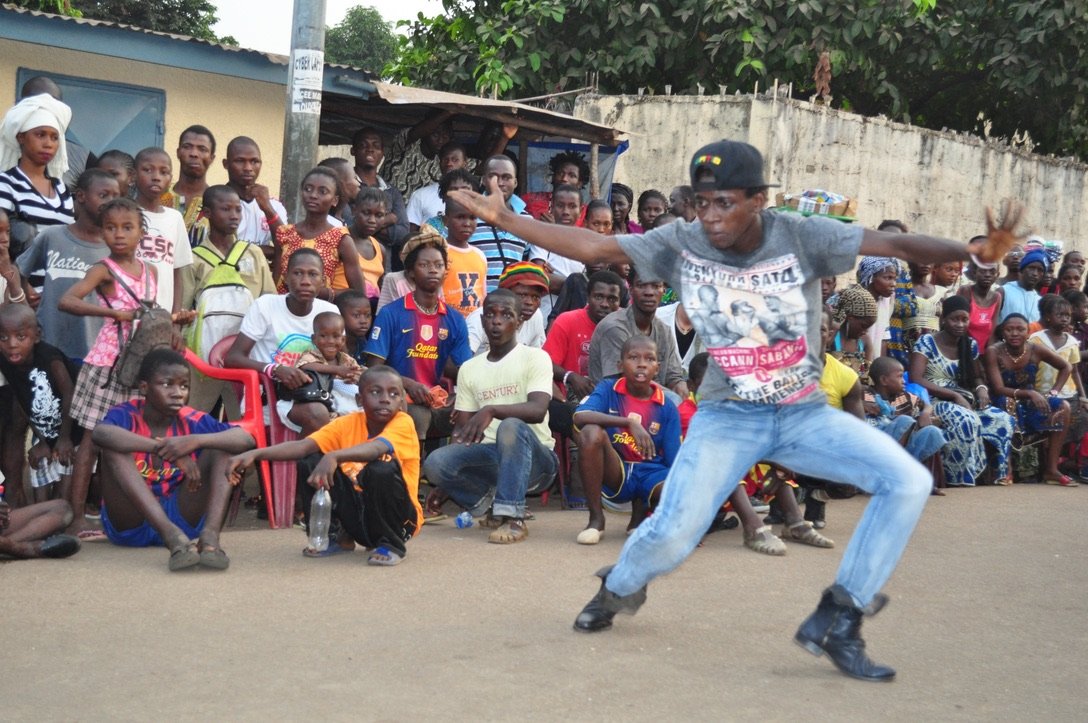
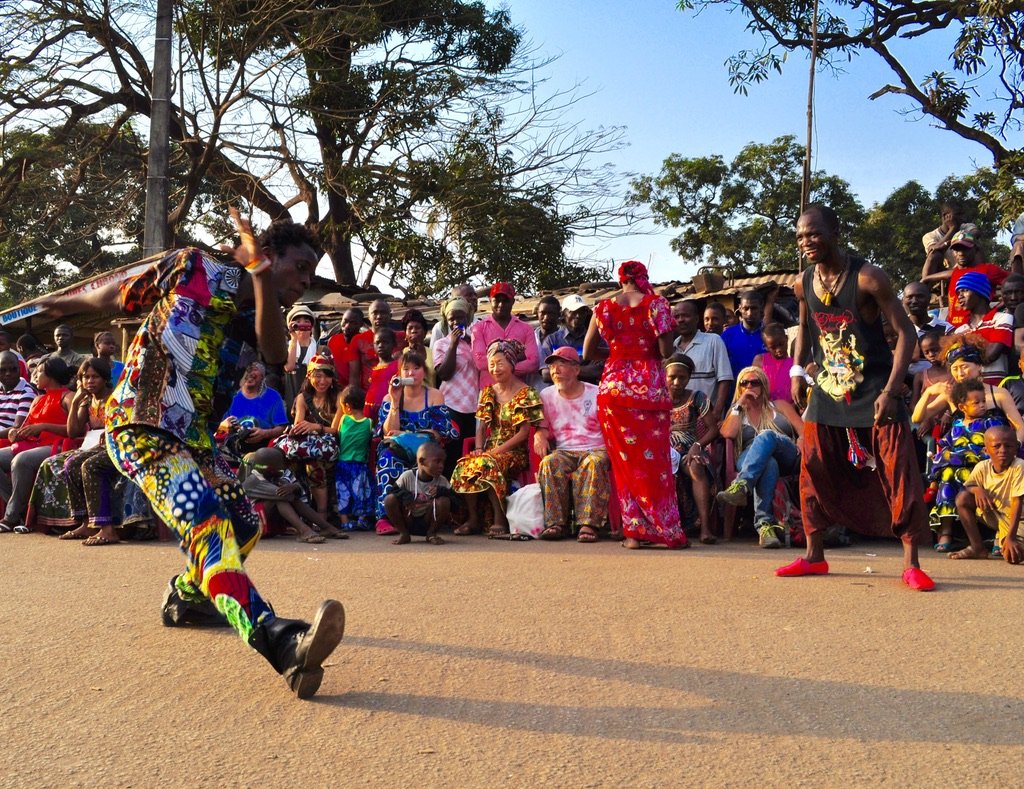

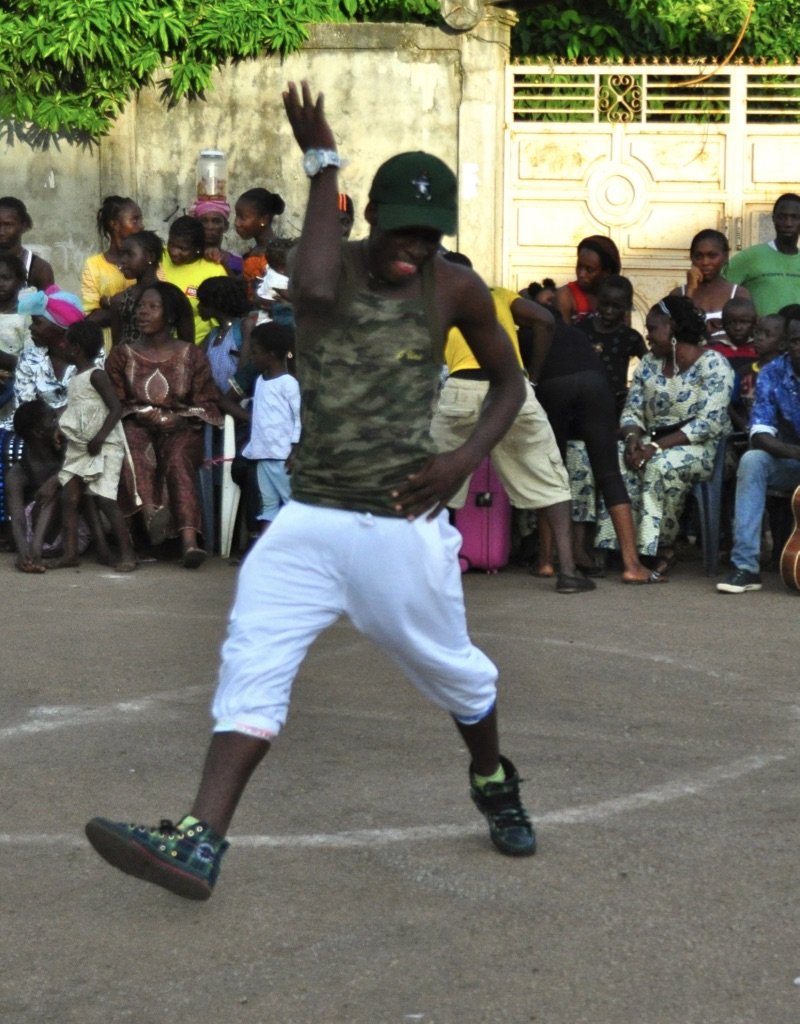
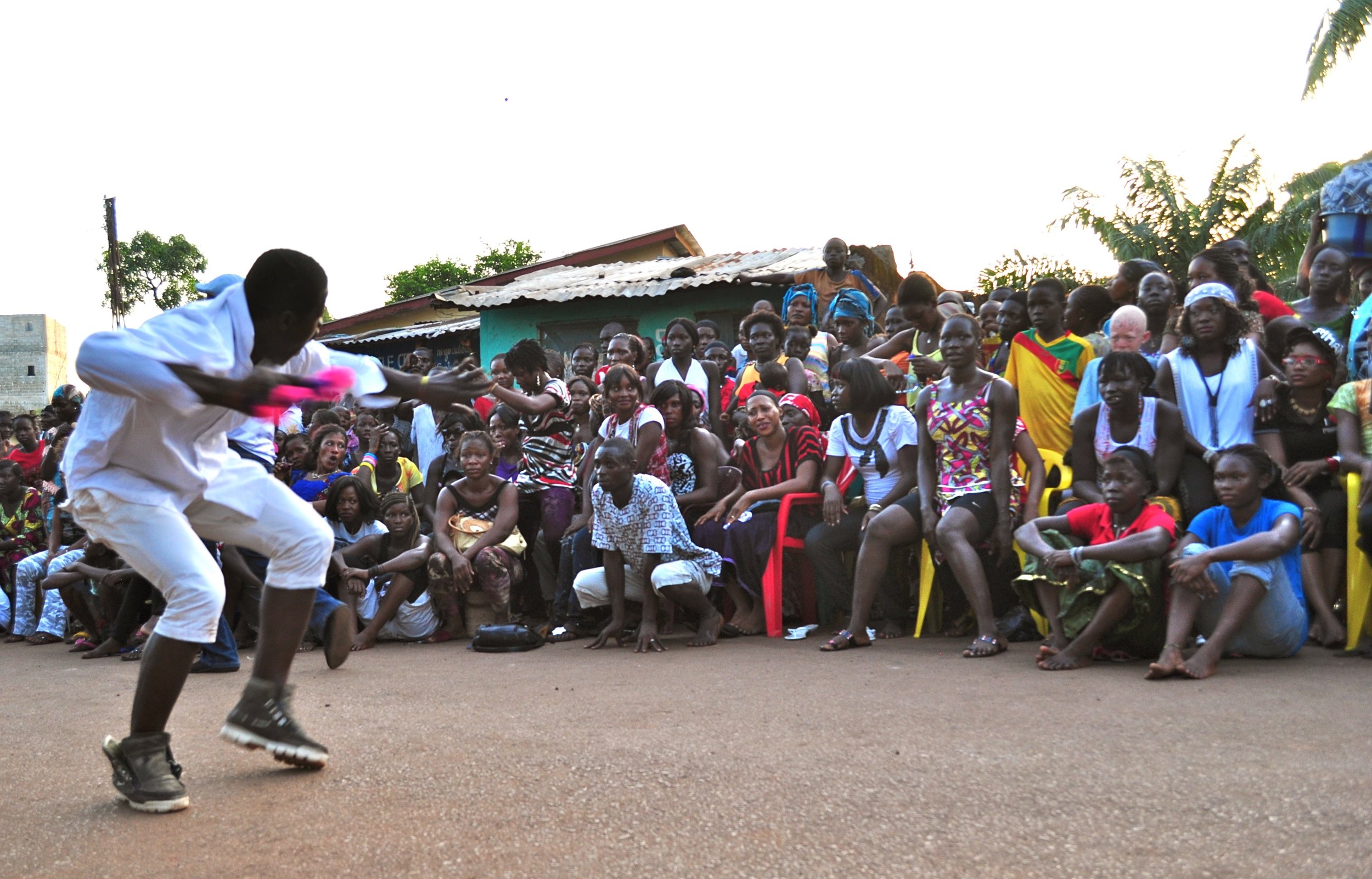

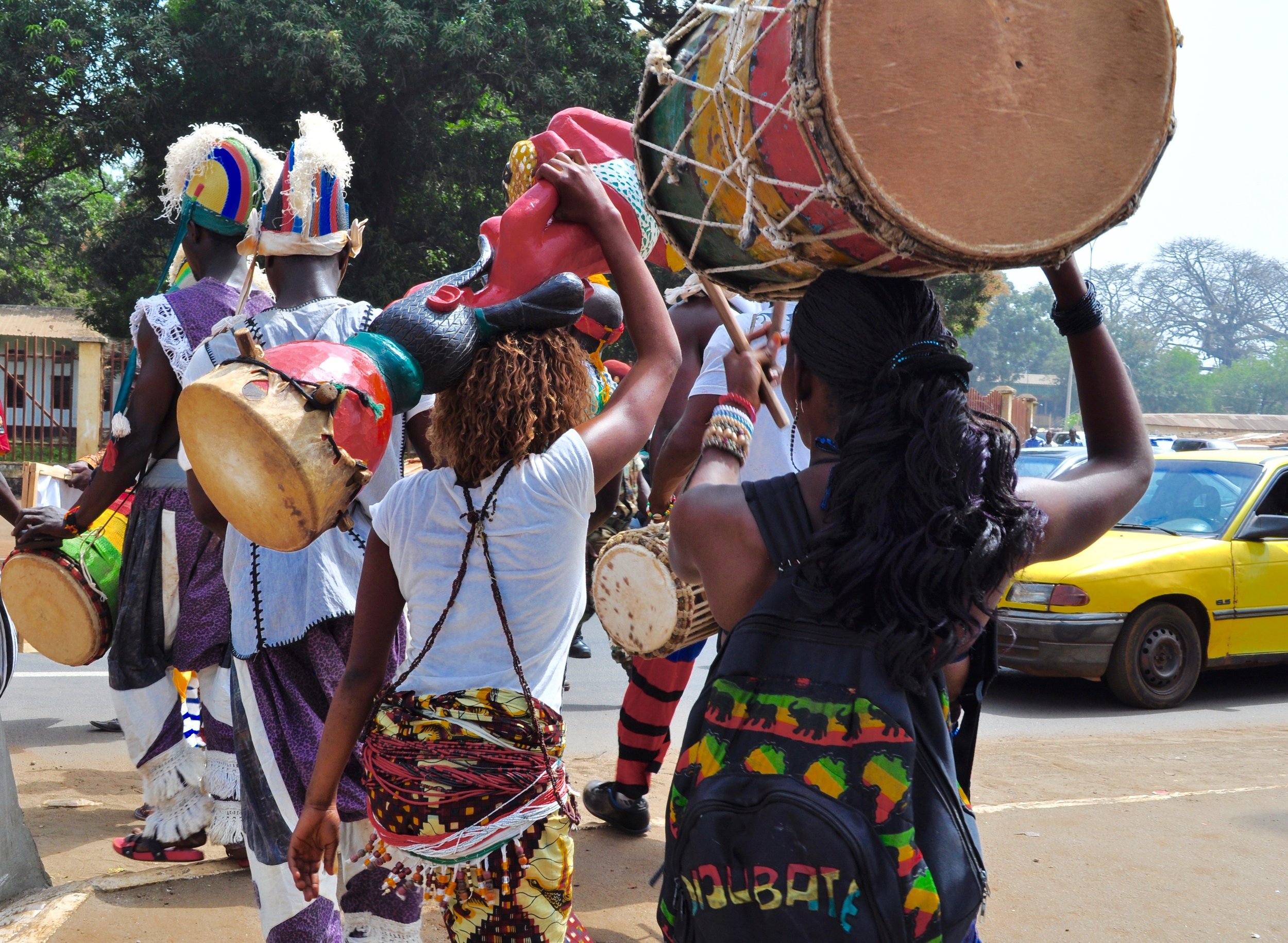

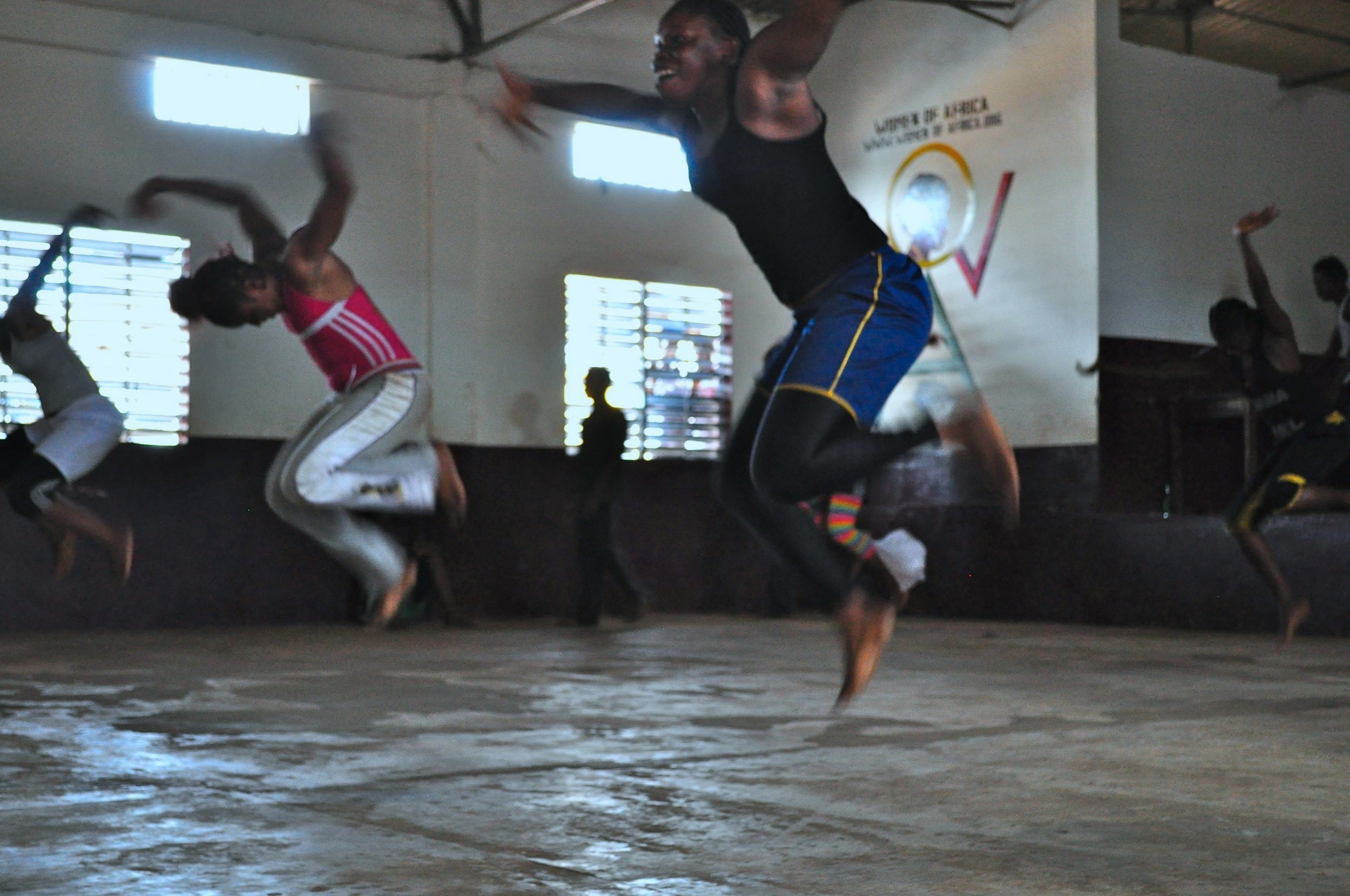
What is African Ballet?
There are no tutus, no point shoes, no perfectly straight lines. The term “ballet” is used across Francophone West Africa to describe a genre of staged folklore that was first made popular in the post-independence era. At a time when newly independent states strove to perform the dignity and uniqueness of African cultural practices, the term “ballet” suggested equivalence between African and European dance forms.




